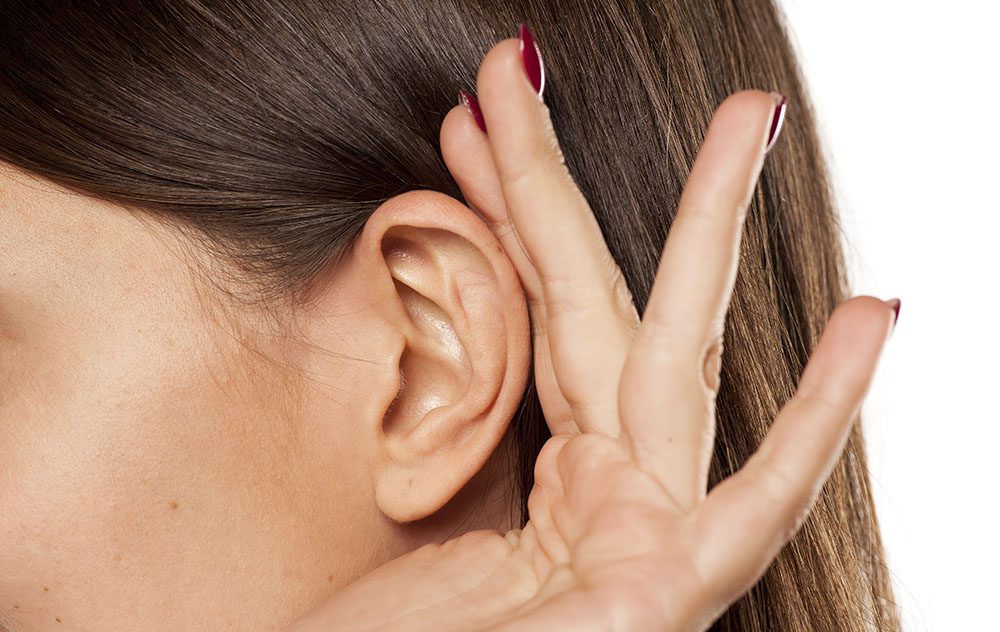A Guide to Cleaning Your Ears Safely
Keeping your ears clean is more than just a comfort issue – it’s

By: admin | February 16, 2023
Tinnitus causes you to hear unusual sounds like ringing, buzzing or whooshing in your ears. It can affect one or both ears, and is experienced by around 20% of the population, although it is much more common in older people. Tinnitus can be temporary or permanent, and may be persistent noise or occur intermittently.
Tinnitus has a number of causes, from age-related hearing loss to prolonged exposure to loud noises, and ear injuries, and the good news for anyone who is experiencing tinnitus is that it can often be treated, or the symptoms significantly reduced, by visiting a good audiologist.
There are a number of symptoms synonymous with tinnitus, although ringing in the ears is usually the most common reported by most. Other noises you may hear include:
The vast majority of individuals who have tinnitus have what is known as subjective tinnitus, which means they are the only ones who can hear the noises they do. Unfortunately, the sounds heard when experiencing tinnitus can be overwhelmingly loud, making it difficult for patients to relax or concentrate. Tinnitus can be present continuously, or it can come and go intermittently.
A lot of people do not realize that there are actually four different types of tinnitus that you can experience. They are as follows:
As mentioned above, subjective tinnitus is a form of tinnitus that can be heard only by the person experiencing it. This is the most common type of tinnitus and it is normally caused by prolonged exposure to loud noises.
This type of tinnitus can come and go without any warning, but the good news is that it typically only lasts for between three months and one year, although in severe cases, it could be permanent.
Somatic tinnitus is a form of tinnitus that is linked to the sensory system. This means that it can be made worse by certain movements or touch, which can make it even more challenging to treat.
Neurological tinnitus is a form of tinnitus that is usually caused by another medical disorder such as Meniere’s disease that affects the auditory functions within the brain causing the patient to hear sounds that are not really there.
Objective tinnitus is a rarer type of tinnitus that can be caused by contractions of the muscles that are involuntary in nature, or by certain vascular deformities. As a result, you can usually cure this form of tinnitus if you are able to effectively treat its cause. Unlike most other forms of tinnitus, individuals other than the patient can hear the noises that are symptoms of the illness.
There are also some further subtypes of tinnitus that it may be valuable for you to know about including:
This is a form of tinnitus whereby the patient will hear musical notes or tones that do not actually exist in the real world. This is often known as musical hallucinations and can be caused by hearing sensitivity which is why you should see an audiologist if you experience it.
Low-frequency tinnitus is characterized by hearing sounds that are similar to the lowest two notes on a piano. It is unusual in that experiencers do not know whether the sound they are hearing is real or inside of their head.
This is a rhythmic form of the condition that syncs with the heart’s beat, and can point toward a change in blood flow in and around the ear area.
If you think that you may be experiencing the symptoms of any of the four kinds of tinnitus, the first thighs you should do is get in touch with a qualified audiologist who can administer a hearing test.
If they find that you have a tinnitus condition, then they will usually fit you with a hearing aid that can help to cancel out some of the tinnitus sounds you are experiencing, while also helping to prevent a further decline in hearing loss.
The sooner you see an audiologist, the better.

Keeping your ears clean is more than just a comfort issue – it’s
By: admin | February 29, 2024

Hearing aids are the most common treatment for mild to severe hearing
By: admin | December 28, 2023

It’s not uncommon to go to the doctor when you’re not feeling well.
By: admin | November 25, 2023
